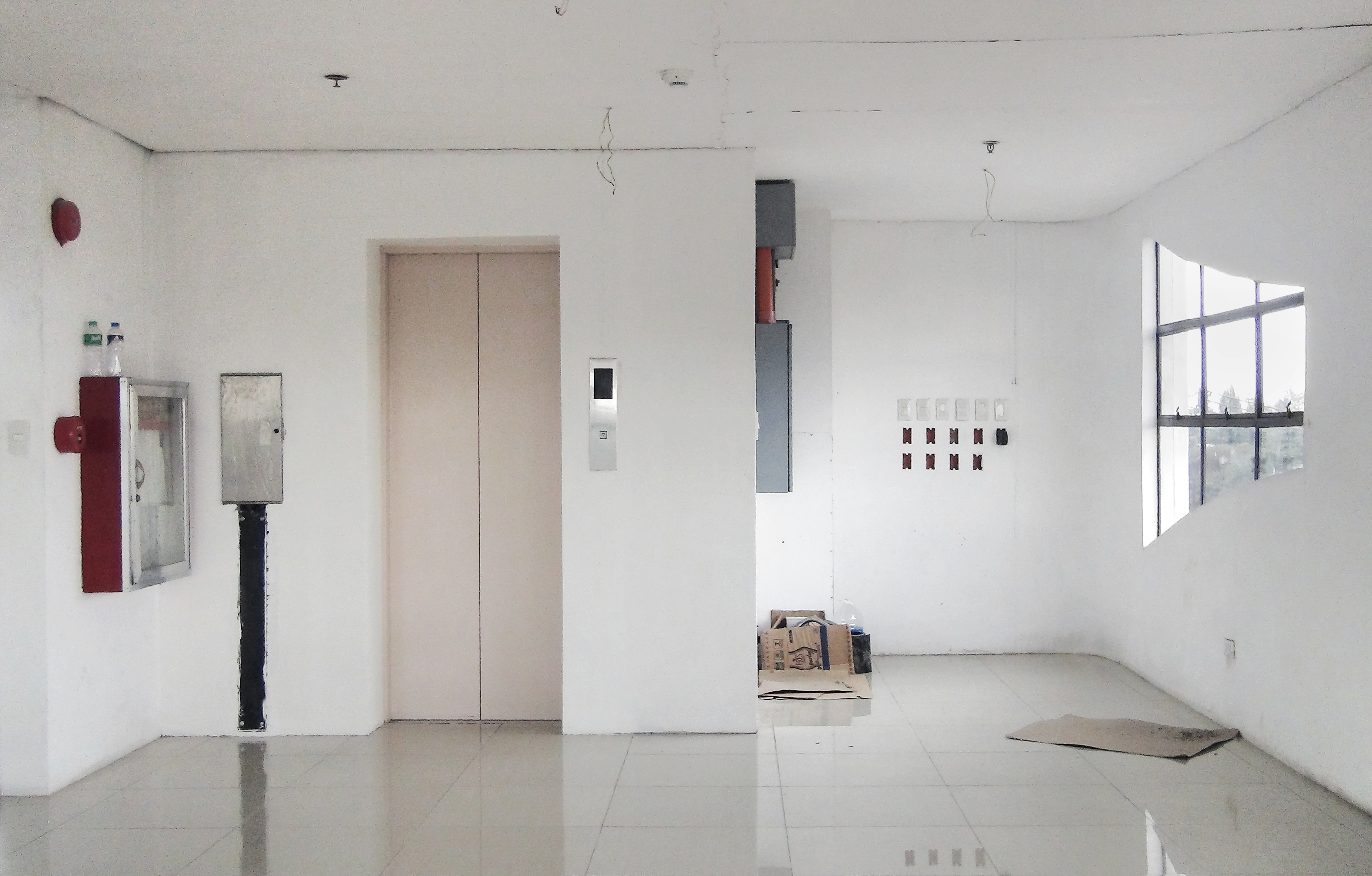
The stranger didn’t know I just watched my brother die.
I stepped into the elevator to the neurology critical care unit for the last time. Beside me stood a tall, older man. For a moment, we locked eyes and I recognized in him what I felt in myself—a heavy heart.
“God be with you,” he said as he walked onto the fourth floor—respiratory ICU.
“And with you,” I replied, seconds before the elevator doors shut.
In the final hours of Barry’s life, I shared the gospel with him (again), prayed for him and held his hand as he entered eternity.
Initially, he went for a routine surgical procedure. Instead, he endured four heart attacks and he coded four times. The doctors successfully resuscitated him. But he lost fourteen minutes of oxygen. Several days later, he suffered a debilitating stroke. After an agonizing month of medical ups and downs, he passed away.
Sibling relationships can often be complicated. Ours was more so than most. Barry had not spoken with me or my other siblings in a few years. In his last weeks, we experienced incredible joy as we reconnected with him and he with us. But what is lost intensifies the grief.
“This isn’t how God created the world to be,” I heard myself say to him at his deathbed. Yet here we were.
The truth is these circumstances force me to a universal reality: We are all surrounded by brokenness, pain, sin, and death.
“The people dwelling in darkness have seen a great light, and for those dwelling in the region and shadow of death, on them a light has dawned.” Matthew 4:16
God came to us. He came in poverty, in lowliness, not splendor. He came as Immanuel, “God with us” to deliver His people from their sins. Yet, this phrase “God with us” is wrapped in mystery.
In the tiny stable, the Deliverer was here, but not the deliverance. Ultimately, Jesus’s lowly birth would lead to his humiliating death. A death in which he would pay the penalty for sins so we could be reconciled to God. But, on that night in Bethlehem, there was a tension between the present and the promised future.
So, it is now. The good news is that Christ's death and resurrection set in motion a righting of the wrongs in this world. Yet, there is a tension between “now” and “not yet”. We hang in liminality.
“For we know that the whole creation has been groaning together in the pains of childbirth until now. And not only the creation, but we ourselves, who have the first fruits of the Spirit, groan inwardly as we wait eagerly for adoption as sons, the redemption of our bodies. For in this hope we are saved. Now, hope that is seen is not hope. For who hopes for what he sees? But if we hope for what we do not see, we wait for it with patience.” Romans 8:22-25
One day, every tear will be wiped away. Christ will make all things new. Until then, we groan, we wait, we hope.
Come, Lord Jesus.

